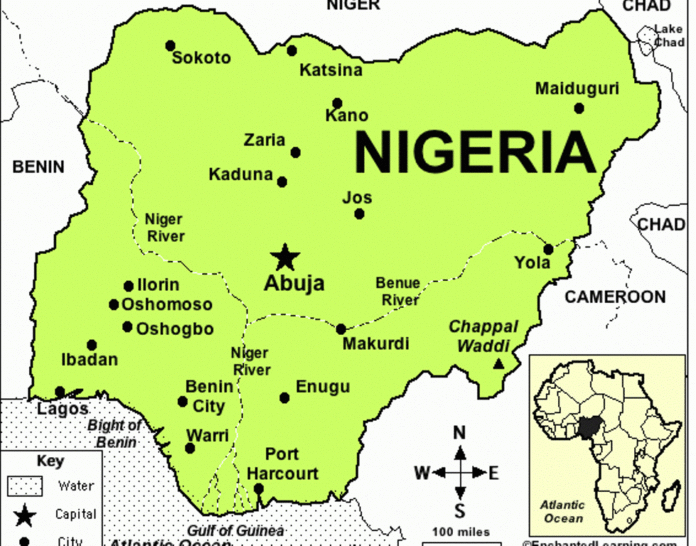As the year 2023 draws near and political activities begin to pick up steam, there is the overall expectation that the Presidency will rotate to the South and maybe even micro-zoned to the South-East. Of course, some notable northern politicians want nothing to do with any of that. In an unprecedented act of concession however, we all should be super thrilled to hear that the almighty nephew of Mr. President is now a strong advocate of merit, whatever that term meant to Mamman Daura.
In an exclusive interview granted to Vanguard recently, Chief Olu Falae advised that Nigerians should do away with zoning and focus on restructuring before the 2023 general elections. I totally agree with the former finance minister and one-time secretary to Ibrahim Babangida’s military government. Let our focus be more on long-term solution instead of quick fixes that attempt to assuage the feeling of inclusion in one group while the rest cry foul in protest. Even a three-term presidential ticket zoned to the southeast will not begin to make a dent on the gross structural injustice inherent in the current system. That said, I see nothing wrong having to support the emergence of a Nigerian president of southeast extraction while working to restructure. The two are not mutually exclusive and Nigeria certainly could walk and chew gum at same time. It might be one good faith effort to reassure a sizable percentage of our nation’s population that they too constitute an integral part of a whole.
Few days ago, I came across a post credited to Prof. George Obiozor where the erudite scholar made a compelling case to either restructure Nigeria or allow the ethnic nationalities to go their separate ways. In that submission, he challenged his audience made up of mostly Nigerian diaspora in UK to show just one example of a multi-ethnic state in Europe where one group is positioned to dominate the rest that hasn’t broken up.
Prof went to town in chronicling the fate that befell former nation states from Yugoslavia to former USSR that failed to rise up to the challenge of inclusion and representation that sustains such multi-ethnic societies. Lastly, he gave the reason why the United Kingdom of Great Britain and Northern Ireland are still standing despite the ethnic differences of the constituents. In UK, he said, the system is led by men who permitted regional autonomy to the Irish, the Scott and the Welsh. Switzerland, another success story is an example of a nation where four ethnic groups that make up seven cantons constitute the federation units and agreed to a rotational presidency. His last two examples have gone to show that an ethnically pluralistic society is not antithetical to building powerful nations. Multi-ethnicity is not an incubus.
The former director-general of the Nigerian Institute of International Affairs whose prior portfolios included being a high commissioner to Cyprus, Nigerian ambassador to Israel and later United States, is a man whose words many would want to take seriously. What Ambassador George failed to reckon with however, was that Nigeria is not UK and that Muhammadu Buhari is not their president. Someone also need to remind him that our own version of House of Commons is populated by jokers who crave the glamour of celebrity lifestyle instead of the sobering demands of statecraft.
In a Daily Post publication of 31 August 2020, the paper reported the Northern Elders’ Forum (NEF) statement following the recent calls for memorandum by Senate Ad-hoc Committee on the Review of the 1999 Constitution. The group opined that such a call is of no value and went on to describe the whole exercise as a sham.
The Forum noted that prior efforts ended up being a jamboree that encouraged monumental waste of time and resources while giving false hope with nothing to show. Instead, they advocated for what was called a Nigerian Peoples’ Conference, the operational details of which appears more convoluted then the entity called Nigeria.





